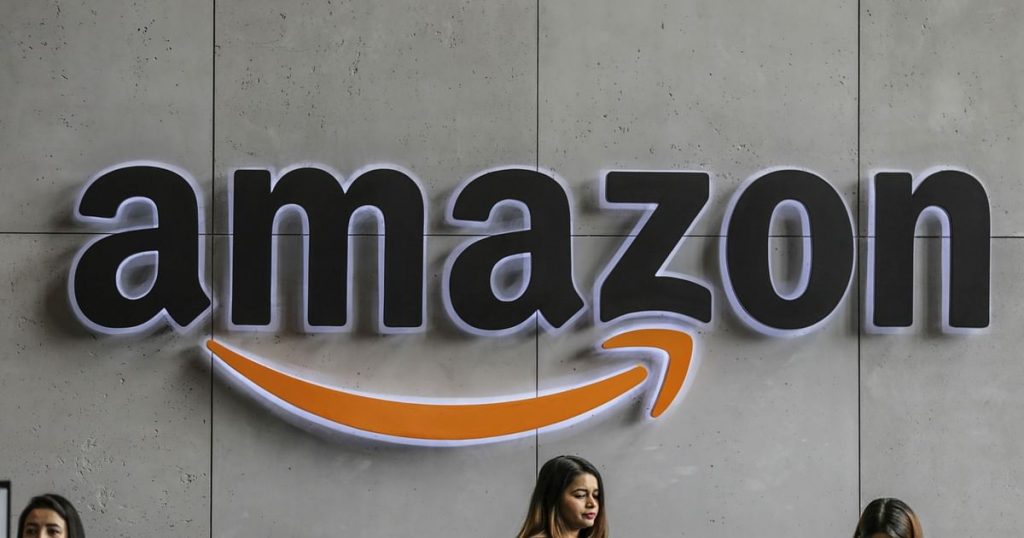Amazon has asked SEBI to suspend its review of the Rs 24,713 crore Future-Reliance deal and not grant a no objection certification on the ground that its challenge to the agreement was before the Delhi High Court.
E-commerce major Amazon has written to SEBI again, this time apprising it about the admission of its appeal before the division of the Delhi High Court and urged the market regulator to suspend the review of the Future-Reliance Industries Ltd. deal.
This is the eighth letter by Amazon to the Securities and Exchange Board of India Chairman Ajay Tyagi since late October.
Amazon has been opposing Future group’s pact with billionaire Mukesh Ambani’s RIL that was signed in August last year. The deal entails sale of Future group’s retail, wholesale, logistics and warehousing units to Reliance Retail Ventures Ltd.
Amazon, in its latest letter dated Jan. 14, informed SEBI that it has challenged the single-member bench order passed by the Delhi High Court on Dec. 21, and the validity of the prima facie observations contained in the order is presently sub-judice.
In the letter – a copy of which was seen by PTI – Amazon has requested SEBI not to assist Future Retail in violating the process of law and disregarding the Interim Award passed by SIAC that had restrained the Future group firm from proceeding with the deal with RIL.
In light of this, we request you not to assist FRL in violating the process of law and disregarding the Interim Award, which is deemed to be an order of a Civil Court under the Code of Civil Procedure, 1908. We hope that your good offices will give due credit to the injunctions operating against FRL and follow the rule of law, Amazon said in its three-page letter.
Amazon has also urged SEBI for suspending review of the Impugned Transaction as well as the scheme involving the Impugned Transaction, and not granting any no-objection in relation to the same as well as directing the Indian Stock Exchanges not to issue any no-objection/approval letter to FRL.
On Dec. 21, a single-member bench of the Delhi High Court had rejected Future group’s plea to restrain Amazon from writing to regulatory authorities about the SIAC (Singapore International Arbitration Centre) arbitral order but gave a go-ahead to the regulators to decide over the deal.
The court had also made several observations indicating that Amazon’s attempt to control Future Retail through a conflation of agreements Amazon has with an unlisted unit of the Indian company will be violative of the FEMA FDI rules.
Earlier this week, Amazon had challenged the order of the single member bench before the division bench by filing an appeal.
The matter is listed on Feb. 12 for next hearing.
Emails sent to Amazon and Future Group seeking response on these matters did not elicit a response.
A three-member tribunal comprising Singaporean barrister Michael Hwang, Albert van den Berg and Jan Paulsson, has been formed at the Singapore International Arbitration Center to look into the tussle between Amazon and Future Group.
Amazon had dragged Future Group to arbitration at SIAC arguing that Future violated its contract with the U.S. firm by entering into the deal with rival, Reliance.
In October last year, SIAC had passed an interim award in favour of Amazon with a single-judge bench of VK Rajah barring FRL from taking any step to dispose of or encumber its assets or issuing any securities to secure any funding from a restricted party.
Future has countered Amazon’s claims saying the e-commerce giant had failed to provide any help to the debt-laden Future Group that suffered a massive setback during the Covid-induced lockdown.
Amazon contends that there were ongoing discussions on multiple options with partners and with the promoters of Future.
In August 2019, Amazon had agreed to purchase 49% of one of Future’s unlisted firms — Future Coupons Ltd — with the right to buy into the flagship, FRL after a period of three to ten years.
Future Coupons holds 7.3% equity in BSE-listed FRL — that operates popular supermarket and hypermarket chains such as Big Bazaar — through convertible warrants.
. Read more on Business News by BloombergQuint.
